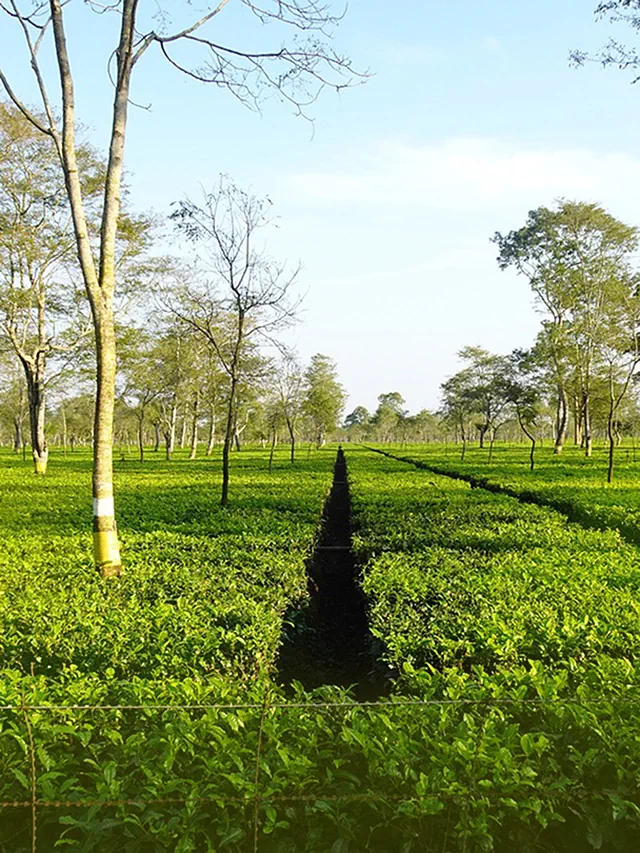India is a diverse and vibrant country, known for its rich cultural heritage and tradition. The country is home to a wide variety of festivals that reflect its unique history, mythology, and religious beliefs. These festivals are celebrated with great enthusiasm and zeal, bringing people together from all walks of life and cutting across regional, linguistic, and religious barriers. Whether it’s religious festivals like Diwali, Holi, Navaratri, or secular festivals like Christmas, each festival has its own special significance and holds a special place in the hearts of the Indian people. These festivals are not just a celebration of life and joy, but also an expression of the country’s rich cultural heritage and traditions.
Diwali
Diwali, also known as the “festival of lights,” is one of the most popular and widely celebrated festivals in India. It is celebrated by Hindus, Jains, and Sikhs and marks the victory of good over evil, knowledge over ignorance, and light over darkness. During Diwali, people light up their homes with diyas (small clay lamps) and decorate their doors and windows with rangolis (colorful patterns made from rice flour or flower petals). They also exchange gifts, prepare sweets and delicious food, and attend firework displays. This five-day festival is a time for families and friends to come together and celebrate the joys of life. It is celebrated annually in October or November, depending on the Hindu lunar calendar.
Holi
Holi, also known as the “festival of colors” or the “festival of love,” is a Hindu festival celebrated mainly in India and Nepal. It marks the arrival of spring and the end of winter, and is celebrated on the full moon day in the Hindu month of Phalguna (February/March). Holi is a joyous festival that involves playing with colored powder and water, singing and dancing, and feasting on traditional sweets and food. People visit friends and family, exchange sweets, and forgive and forget past mistakes, symbolizing the coming together of people from all walks of life. The festival is also a celebration of the triumph of good over evil and the end of the Hindu legend of Holika and Prahlad. Holi is considered one of the most vibrant and cheerful festivals in India, bringing people together and spreading love, joy, and happiness.
Navaratri
Navaratri, also known as the “festival of nine nights,” is a Hindu festival celebrated mainly in India, but also in other countries with a significant Hindu population. It is dedicated to the worship of the divine feminine, particularly the Hindu deity Durga, and is held twice a year – once in the beginning of autumn and again at the start of spring. During Navaratri, people fast, perform special prayers and rituals, and engage in dance and music, particularly classical Indian dance forms like garba and dandiya. Navaratri is also a time for reflection and spiritual growth, as well as an opportunity to come together with friends and family to celebrate and share in the festivities. The festival is considered one of the most important and auspicious in the Hindu calendar, and is widely celebrated by Hindus all over the world.
Durga Puja
Durga Puja is a ten-day Hindu festival celebrated mainly by Bengalis in India and Bangladesh, as well as other countries with a significant Bengali population. It honors the Hindu deity Durga and marks her victory over the evil demon king Mahishasura. The festival is observed during the Hindu month of Ashwin (September/October) and is one of the largest and most elaborate religious festivals in India. During Durga Puja, elaborate and colorful pandals (temporary shrines) are set up in communities, with life-sized idols of Durga, her four children (Lakshmi, Saraswati, Kartik and Ganesha) and her consort Lord Shiva. The pandals are visited by people from all walks of life, who offer prayers, seek blessings, and enjoy cultural programs and community feasts. The festival is also a time for socializing, as families and friends come together to celebrate the triumph of good over evil and the arrival of autumn. Durga Puja is a much-anticipated festival, with millions of people participating in the festivities every year.
Raksha Bandhan
Raksha Bandhan is a Hindu festival that celebrates the love and bond between brothers and sisters. It is observed on the full moon day of the Hindu month of Shravana (July/August) and is also known as “Rakhi”. On this day, sisters tie a sacred thread (rakhi) on the wrist of their brothers, symbolizing the brother’s duty to protect his sister and their strong emotional bond. In return, the brother gives his sister a gift and promises to be there for her whenever she needs him. Raksha Bandhan is celebrated by families across India, and is especially popular among young children who look forward to receiving gifts from their brothers. The festival is a celebration of sibling love, and is a way for families to come together and reinforce their bonds of love and affection.
Eid
Eid al-Fitr, also known as the “Festival of Breaking the Fast”, is a major Muslim festival celebrated at the end of Ramadan, the Islamic month of fasting. Eid al-Fitr marks the end of Ramadan and the start of the new month of Shawwal. On this day, Muslims gather with their families and friends for special prayers, feasts, and festivities, and exchange gifts and greetings. Children often receive money or new clothes as gifts, and families typically enjoy special sweets and meals together. Eid al-Fitr is an important time of celebration, forgiveness, and renewal, and is a time for Muslims to come together in love and gratitude for the blessings of the previous month. The festival is celebrated by Muslims worldwide, and is a time for families to come together, strengthen their bonds, and celebrate their faith.


